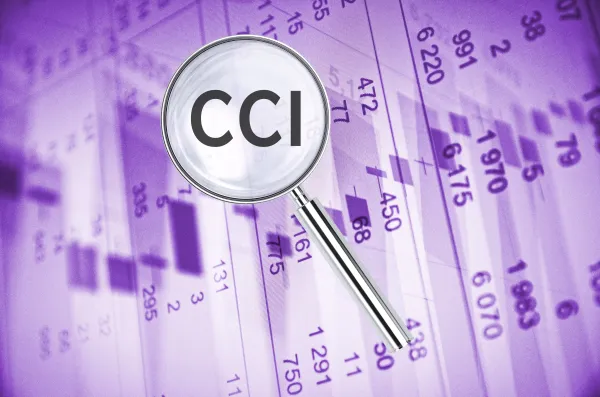Podiatry Coding & Billing Alert
Practice Management:
Tackle These Common Claim Denial Issues
Published on Wed Oct 18, 2023

You’ve reached your limit of free articles. Already a subscriber? Log in.
Not a subscriber? Subscribe today to continue reading this article. Plus, you’ll get:
- Simple explanations of current healthcare regulations and payer programs
- Real-world reporting scenarios solved by our expert coders
- Industry news, such as MAC and RAC activities, the OIG Work Plan, and CERT reports
- Instant access to every article ever published in Revenue Cycle Insider
- 6 annual AAPC-approved CEUs
- The latest updates for CPT®, ICD-10-CM, HCPCS Level II, NCCI edits, modifiers, compliance, technology, practice management, and more
Related Articles
Other Articles in this issue of
Podiatry Coding & Billing Alert
- Condition Spotlight:
Repair Your Ruptured Achilles Surgery Coding Skills
Focusing on the differences between Achilles tendon repair codes is key. When a patient experiences [...] - CPT® Coding:
Don’t Get in a Bind With Strapping and Splinting Claims
Focus on the materials used to simplify the process. In instances where a patient presents [...] - Practice Management:
Tackle These Common Claim Denial Issues
Use comprehensive documentation for significant claim denial reduction. Understanding and maneuvering through the intricate realm [...] - You Be the Coder:
Sort Out This Bone Cyst Scenario
Question: A new patient reports to the podiatrist complaining of right ankle pain. The provider [...] - Reader Questions:
Don’t Miss These E/M Updates
Question: Are there any upcoming revisions or changes to the evaluation and management (E/M) codes [...] - Reader Questions:
Terminate the Surgery, Don’t Terminate Payment
Question: Our surgeon had to cancel a surgery midway through a procedure for the patient’s [...] - Reader Questions:
Alter CNMs and Risk Committing Fraud
Question: My billing supervisor erased something that the doctor wrote on a certificate of medical [...]
View All




